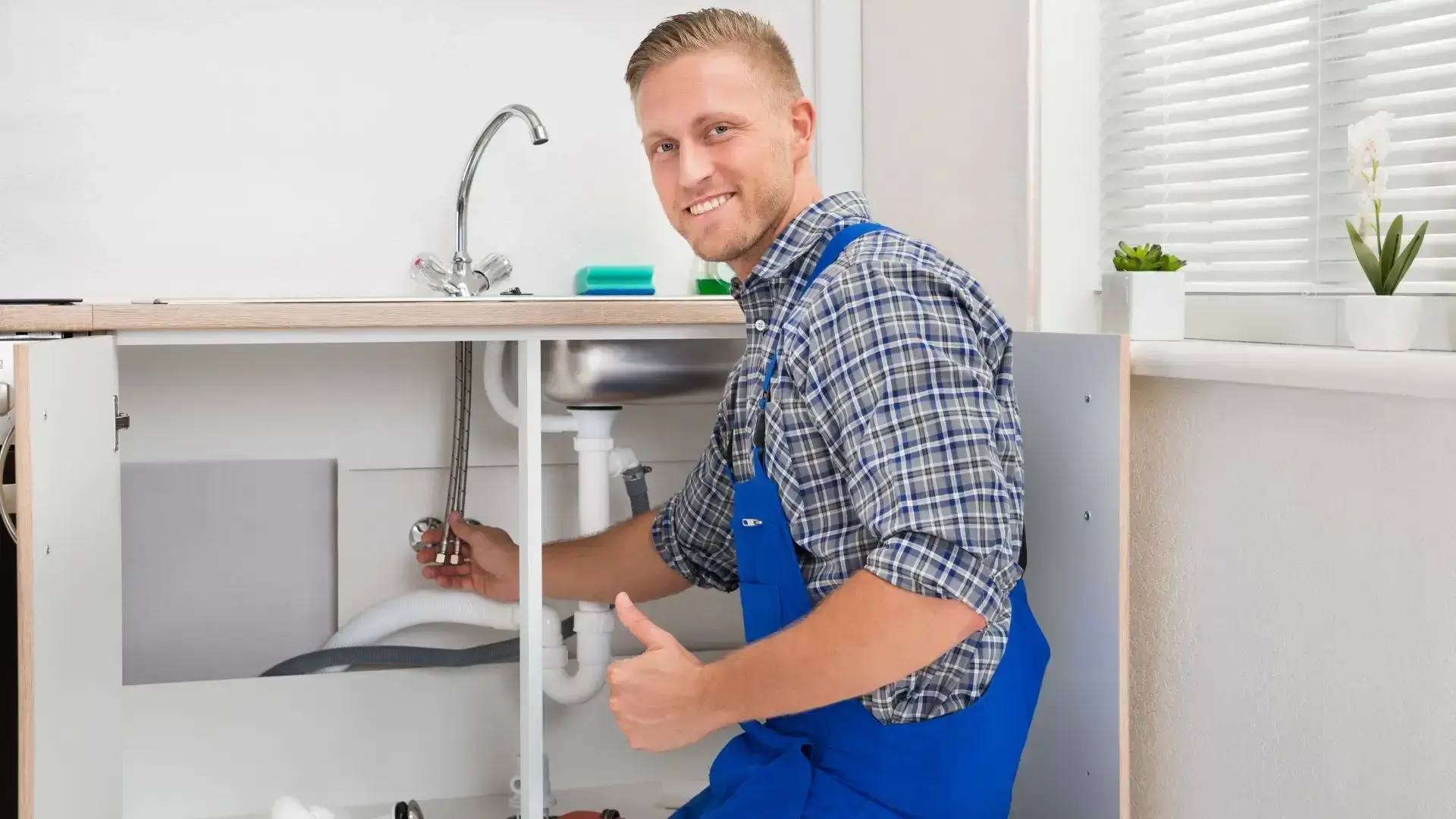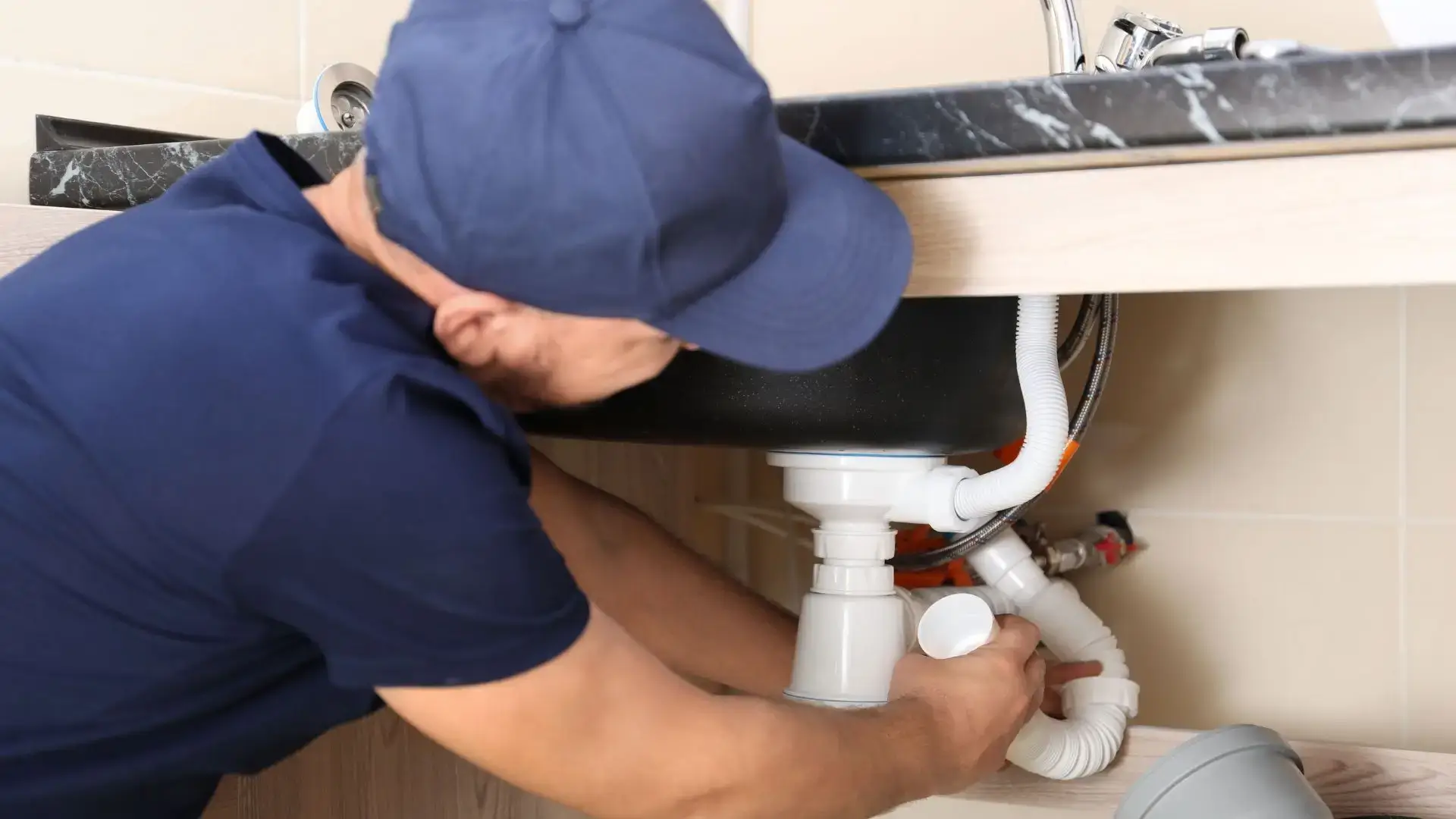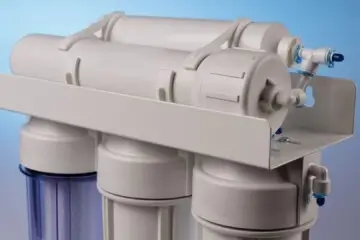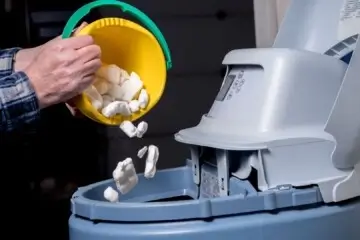Water softeners eliminate calcium and magnesium to prevent scale buildup in pipes and appliances, while water filters remove impurities, contaminants, and odors, improving water taste and safety. Softeners transform hard water into soft water, whereas filters target a wider range of impurities for comprehensive treatment. Softeners are effective in reducing water hardness but may not filter out certain contaminants like chlorine or bacteria, potentially necessitating an additional filtration system. On the other hand, filters excel at purifying water by capturing particles and pollutants, such as with reverse osmosis filters that specifically target calcium and magnesium. Understanding these distinctions helps in selecting the appropriate solution for enhancing water quality.
Contact CAN Plumbing and Drainage for all your Drinking Water System Needs
For expert assistance with your drinking water system needs, reach out to CAN Plumbing and Drainage in Mississauga. We understand the importance of having a reliable water softener or water filter to ensure excellent water quality for your home or business. Our top Mississauga plumbers specializes in plumbing and drainage services for water purification systems. Whether you require installation, maintenance, or repair for your drinking water system, we have the expertise to handle it all. Count on CAN Plumbing and Drainage in Mississauga to deliver high-quality solutions for all your water quality needs, guaranteeing clean and safe drinking water for you and your family.
CAN Plumbing and Drainage Services Related to Drinking Water Systems
At CAN Plumbing and Drainage in Mississauga, we specialize in a variety of services for drinking water systems. Our expertise includes water softener installations, replacements, and repairs to ensure optimal system performance. Contact us for professional and effective solutions to address your water treatment needs.

Water Softener Installations
Installing water softeners is a crucial step in maintaining optimal performance of drinking water systems by CAN Plumbing and Drainage Services in Mississauga. When comparing water softening and water filters, it’s important to note that water softeners eliminate calcium and magnesium, offering benefits throughout your entire home. Setting up a whole-house water softener can help prevent mineral buildup in pipes and appliances, resulting in enhanced water flow and efficiency. CAN Plumbing and Drainage Services excels in water softener installations, ensuring proper configuration and operation to meet your specific requirements. Whether you aim to improve water quality or extend the lifespan of your plumbing system, a water softener is a valuable addition to your home’s drinking water system.

Water Softener Replacements
To ensure optimal performance of your home’s drinking water system, timely replacement of water softeners is crucial. CAN Plumbing and Drainage Services in Mississauga offers this essential service. It is important to understand the distinction between water softeners and water filters when addressing hard water issues. Water filters are designed to remove impurities and contaminants from water, while water softeners focus on reducing the mineral content that causes hardness. For those dealing with both hard water and impurities, a combined water softener and water filter system can be beneficial. Regular replacement of water softeners ensures that your water remains soft and free from the negative effects of hard water, providing you with clean and healthy drinking water.
Water Softener Repairs
Addressing water softener repairs for drinking water systems is crucial for maintaining high-quality water, and CAN Plumbing and Drainage Services in Mississauga provides reliable solutions. Water softener repairs ensure that the filtration process effectively removes hard minerals that cause water hardness. Promptly resolving issues helps homeowners access cleaner water for their daily needs. Our team of water experts excels in diagnosing and fixing problems to uphold the quality of your home water. Trust CAN Plumbing and Drainage Services for all your water softener repair needs, and have peace of mind knowing that your drinking water system is in capable hands.

Key Differences in Functionality
When comparing water softeners and water filters, a significant distinction in functionality is evident in how they address water quality issues. A water softener is specifically designed to eliminate calcium and magnesium ions from water, transforming hard water into soft water. On the other hand, a water filter, as part of a water filtration system, focuses on removing impurities, contaminants, and odors from the water to enhance its overall quality. While a water softener targets minerals responsible for water hardness, a water filter works to enhance the taste, smell, and safety of the water by eliminating a broader range of substances. Recognizing this fundamental disparity between water filters and water softeners is crucial in determining the most appropriate solution for your specific water quality requirements.
Water Softeners: Pros and Cons
Let’s now discuss the advantages and disadvantages of water softeners in addressing water quality concerns. Water softeners are designed to reduce the hardness of water by removing minerals like calcium and magnesium through ion exchange. The primary benefit of water softeners is their ability to prevent scale buildup in pipes and appliances, extending their lifespan and improving efficiency. However, one significant drawback is that water softeners do not filter out contaminants like chlorine or bacteria, which may necessitate a separate water filtration system. When comparing water softeners to water filters, it’s crucial to consider the specific water conditioners required for your situation, as well as other options like reverse osmosis for comprehensive water treatment.

Water Filters: Pros and Cons
Water filters are crucial for enhancing water quality by eliminating impurities and contaminants. These filters typically include a membrane that captures particles and pollutants, resulting in cleaner water. Specifically, reverse osmosis filters excel at removing calcium and magnesium, which helps address water hardness. They utilize various purification methods like carbon filtration and UV treatment. Unlike water softeners that target specific minerals for hardness, water filters focus on a wider range of impurities, offering a comprehensive solution to improve the quality of your drinking water. It’s essential to consider your specific water quality requirements when deciding between water softeners and filters.
Factors to Consider Before Choosing
When deciding between water softeners and filters, it’s important to take into account several factors that can influence the effectiveness of the water treatment system. The presence of minerals like calcium and magnesium in your water source will determine whether a water softener or a filtration system is more appropriate. Consider whether you need a whole-house solution or a point-of-use system based on your specific requirements. If your primary goal is to remove dissolved solids, a water filter with ion exchange capabilities may be more beneficial. Understanding these considerations will assist you in making an informed choice when choosing between a water softener and a water filter for your home.
Conclusion: Making the Right Choice
When deciding on the most suitable water treatment system for your needs, it is crucial to carefully assess your water quality requirements and household preferences. If your primary concern is eliminating minerals like calcium and magnesium that cause water hardness, a water softener would be the appropriate choice. However, if you are more focused on enhancing overall water quality by eliminating contaminants and impurities, a water filter or filtration system may be more suitable. Factors to consider include maintenance, cost, and installation requirements when making your decision. Understanding the specific issues with your water quality will help you choose the most effective solution for your home.
Frequently Asked Questions About Water Softeners vs Water Filters Near Me
Can Water Softeners Remove Contaminants Like Lead and Bacteria From Water?
Water softeners primarily focus on reducing water hardness by targeting minerals such as calcium and magnesium. However, they are not designed to eliminate contaminants like lead and bacteria. For the removal of such impurities, water filters, especially those with appropriate certifications, are more suitable.
Are There Any Health Risks Associated With Using Water Softeners or Water Filters?
Potential health risks associated with water softeners and filters include increased sodium levels from water softeners and the potential for bacteria harborage in filters if not properly maintained. Regular monitoring and upkeep are crucial to ensure the safety of water consumption.
What Is the Average Lifespan of a Water Softener Compared to a Water Filter?
Water softeners typically have a lifespan of around 10 to 15 years, whereas water filters generally require replacement every 6 months to 5 years. Proper maintenance and correct usage are essential for extending the longevity of both systems.
Do Water Softeners or Water Filters Require Regular Maintenance?
Yes, regular maintenance is necessary for both water softeners and water filters to ensure optimal performance. It is important to adhere to the manufacturer’s maintenance guidelines, which may include tasks such as cleaning, filter replacement, monitoring salt levels, and periodic system inspections.
Are There Any Government Regulations or Certifications That Water Softeners and Water Filters Must Meet?
Government regulations and certifications are in place for both water softeners and water filters to ensure safety and effectiveness. It is crucial to regularly check for certifications such as NSF/ANSI standards to guarantee top performance and peace of mind. We maintain our systems in compliance with these standards for optimal functionality.
Please rate our website
Let us improve this post!
Tell us how we can improve this post?


